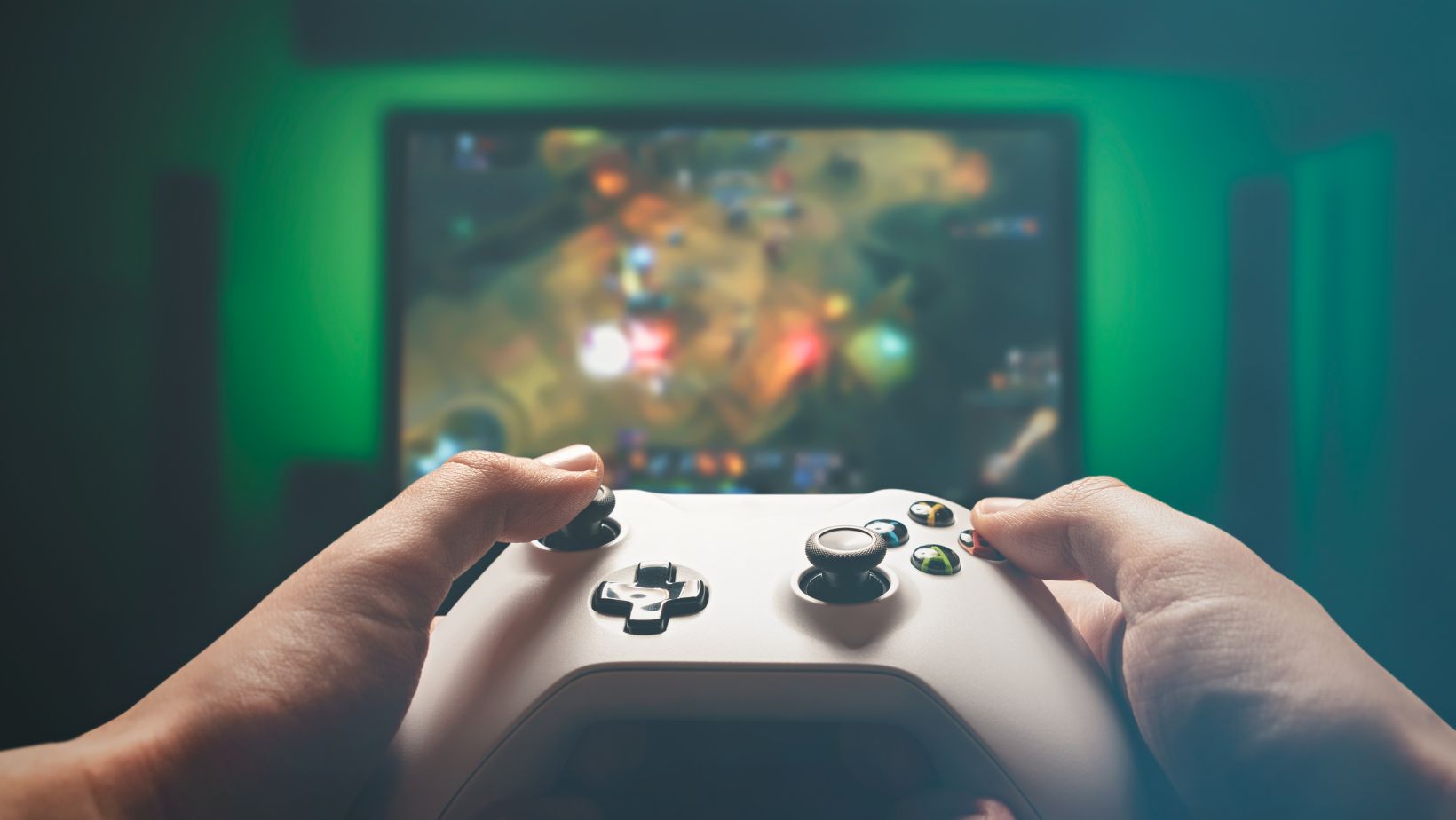Every evening, keyboards light up in apartments, dorm rooms, and internet cafés as millions of players log into shared worlds. Whether the virtual battlefield is a science-fiction arena or a pastoral farm, the moment a server greets new arrivals, a community is reborn. These collectives are rarely random crowds; they are self-organizing tribes, stitched together by fandom, competition, and an almost ceremonial schedule of gatherings — weekly raids, seasonal events, and midnight launches that blur the line between pastime and ritual.
Within this mosaic of avatars, the gambling-flavored mini-games of ToonieBet often surface in chat as naturally as patch-notes or weapon stats. Players compare odds, celebrate lucky spins, and weave the brand’s name into insider slang, turning the platform into yet another quest giver in the sprawling landscape of online play. Here, participation is its own badge, and friendships can form as readily over a shared jackpot as over a hard-won boss kill.
Harnessing Collective Power
When harnessed positively, gaming communities become formidable engines of creativity and social change. Modders donate thousands of volunteer hours to extend a title’s lifespan, speedrunners raise six-figure sums for hospital charities, and grassroots translators localize beloved stories for regions the publisher never budgeted for. Publishers track these feats carefully; they know that word-of-mouth inside Discord servers can outperform the slickest ad campaign.
Even outside digital space, conventions like Gamescom and PAX demonstrate the real-world clout of coordinated fandom. Developers walk these show floors knowing that a single viral video posted by a clan leader can determine whether a pre-order chart soars or sinks. The loudest microphone, it turns out, may be wielded by someone whose follower count began with guild announcements and grew into a media empire.
Positive forces at work
- Charitable marathons: Weekend streams fund medical research, disaster relief, and scholarship drives.
- Grassroots esports leagues: Amateur brackets incubate tomorrow’s professionals, democratizing entry.
- User-generated patches: Community coders fix bugs long after studios shift to sequels.
When Camaraderie Turns Caustic
Yet the same dynamics that build solidarity can metastasize into toxicity. Shielded by anonymity and emboldened by instant feedback loops, a minority of players unleash slurs, griefing tactics, and doxxing campaigns that can turn a welcoming lobby into a minefield. Research from mental-health NGOs notes a measurable uptick in anxiety among teens who regularly encounter hostile chat rooms. Platform holders have begun to deploy AI-driven moderation and stricter reporting tools, but enforcement is a perpetual arms race; today’s filter list becomes tomorrow’s code for malice.
The social cost is not abstract. Indie studios report that volunteer moderators burn out at alarming rates, and promising streamers have abandoned careers after sustained harassment. Toxicity corrodes retention numbers and scares off sponsorships, reminding executives that community management is not a cosmetic expense but existential risk containment.
Influence on Markets and Culture
Beyond personal interactions, gaming communities now shape markets with remarkable precision. A coordinated boycott on Reddit can pressure a publisher to revise loot-box odds within 24 hours. Conversely, exuberant fan art can revive dormant IPs, convincing investors to green – light remakes. The ripple effects reach fashion runways, where pixel-inspired palettes appear in summer lines, and classrooms, where educators borrow game mechanics to gamify curricula.
Even betting platforms have adapted. Promotional crossovers see streamers passing digital casino chips between matches, and referral links for ToonieBet pop up during halftime screens of amateur tournaments. Regulators watch these integrations cautiously, debating whether gamified wagers belong under traditional gambling statutes or a new hybrid category.

Either way, the brand visibility generated inside these micro-communities eclipses many legacy marketing channels.
Detox and Renewal
Communities unwilling to accept toxicity as fate are pioneering counter – measures. Some guilds maintain written charters, updated quarterly, that spell out zero-tolerance policies for hate speech. Others employ rotating “well – being officers” who schedule mental-health check-ins after marathon sessions.
Practical detox tactics
- Culture-setting onboarding: A concise welcome packet outlines etiquette and escalation pathways.
- Mindful event pacing: Scheduled breaks reduce tilt and curb late – night flame wars.
Toward Healthier Playgrounds
The narrative of gaming communities is neither grim nor naïve; it is a story of latent power awaiting direction. When members remember that every username is a person and every decision, from in-game alliance to optional bet on ToonieBet, carries social weight, the arena transforms. Studios that cultivate empathy alongside esports rankings discover that loyalty outlasts hardware generations, and players find that the most rewarding loot drop may be the community itself — a resilient, creative, and self – healing network built for play but capable of so much more.




